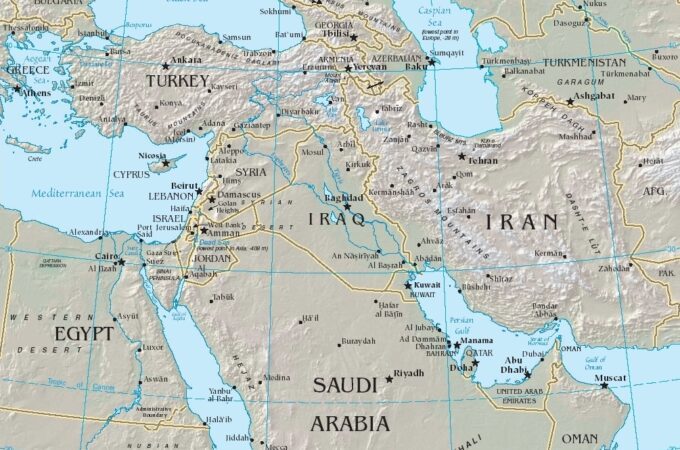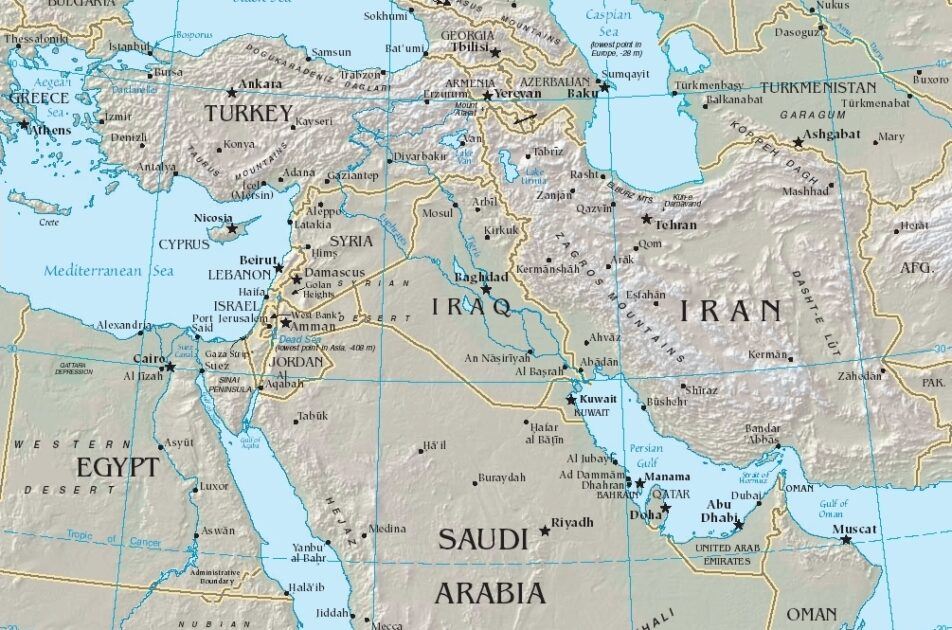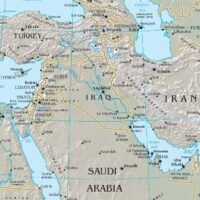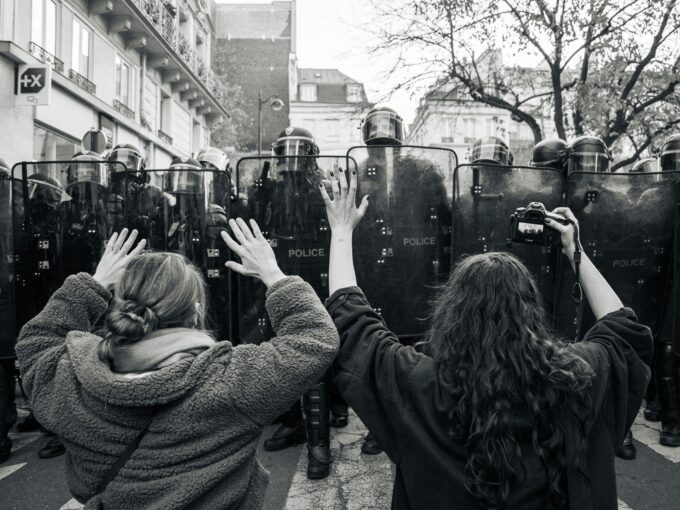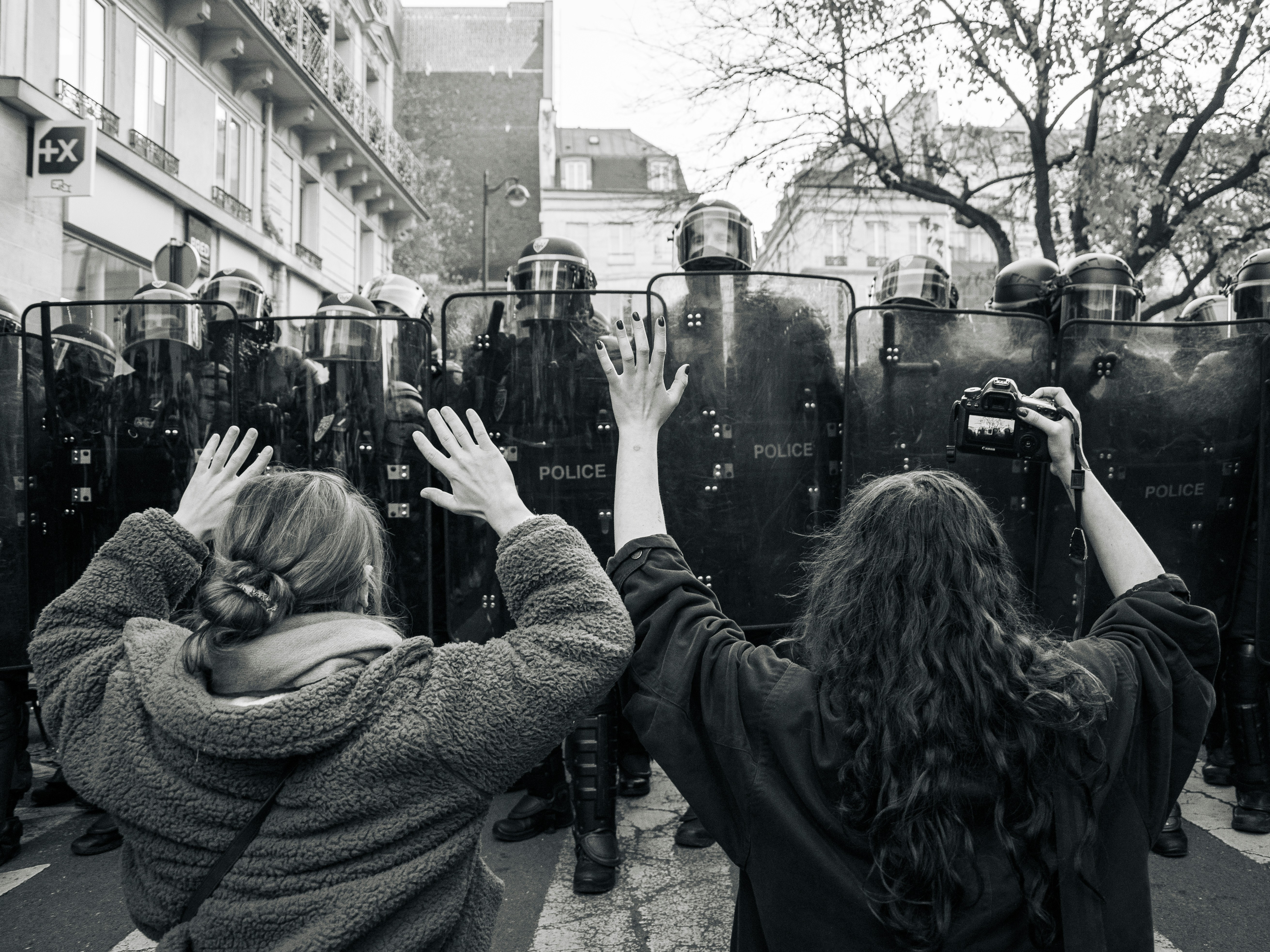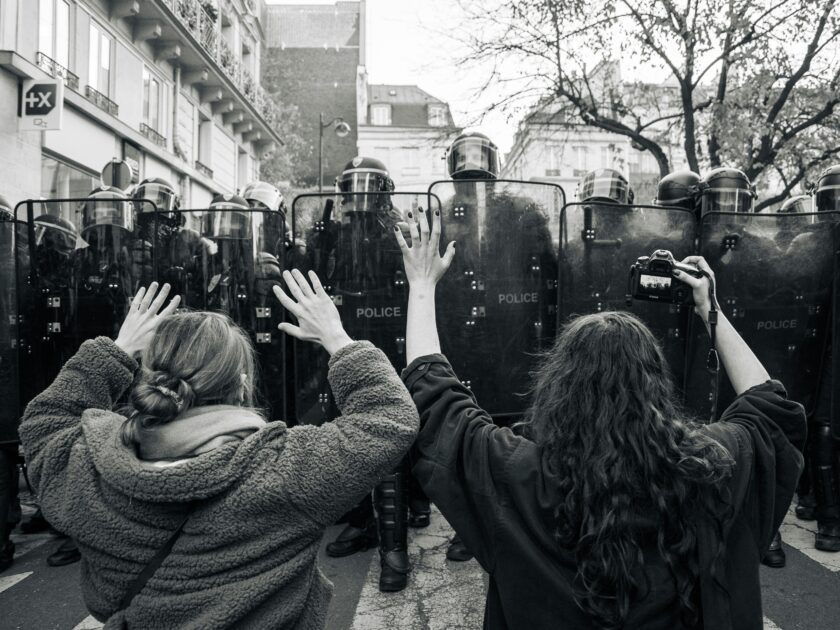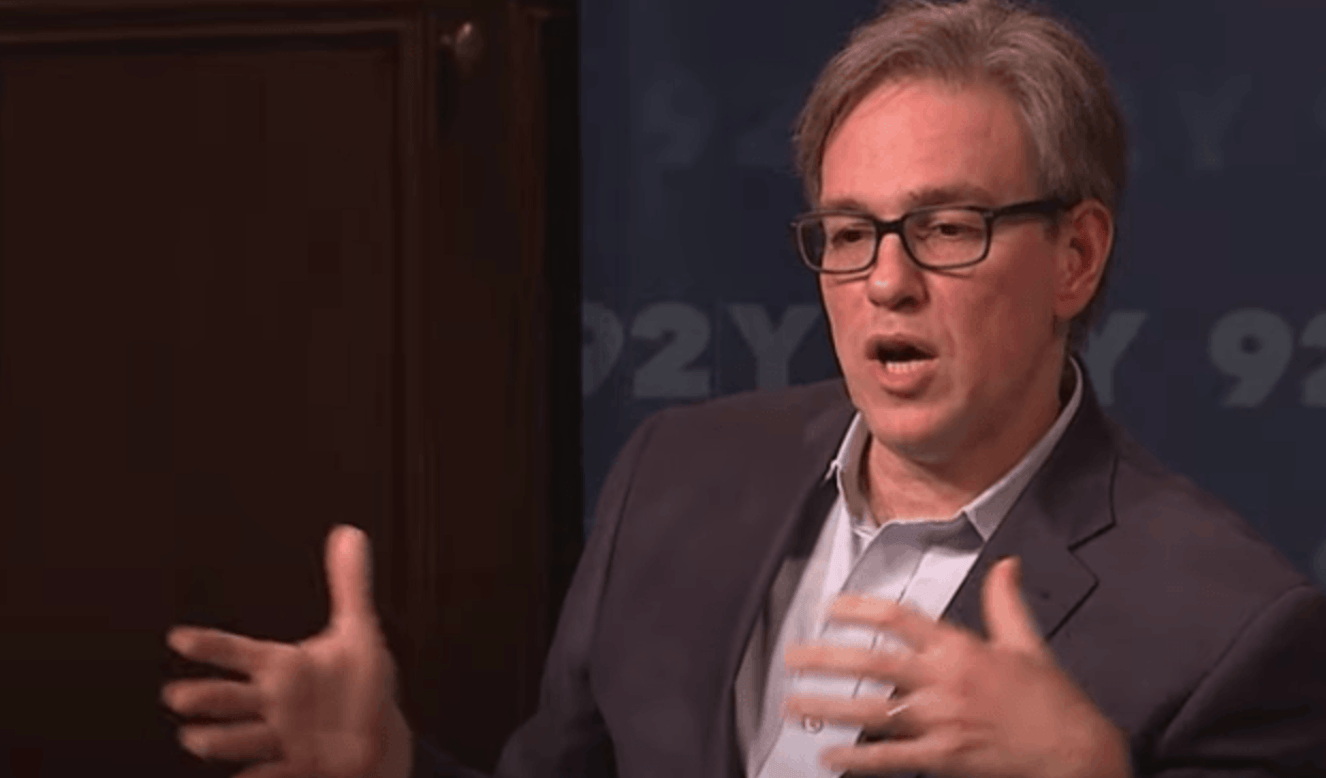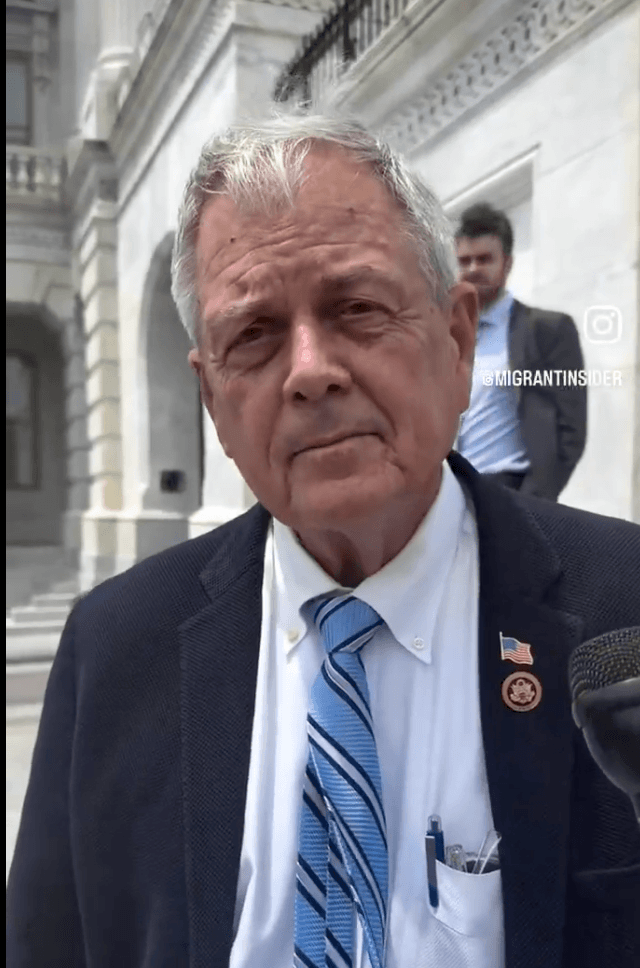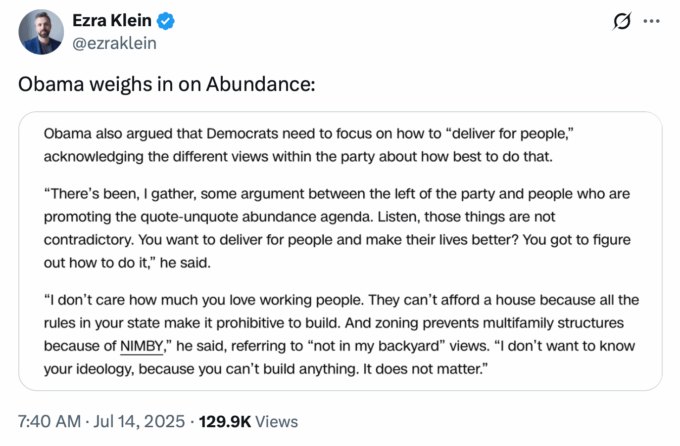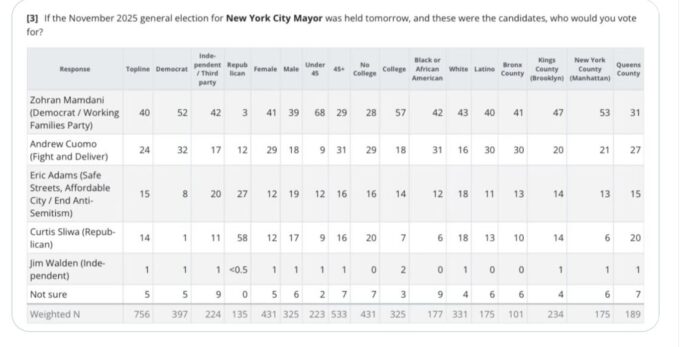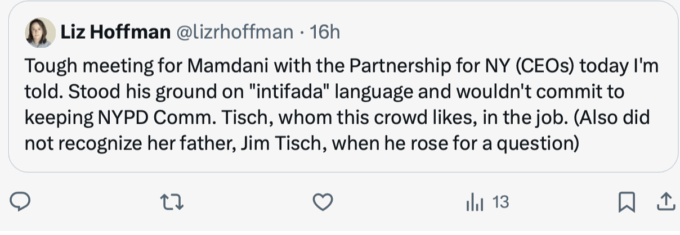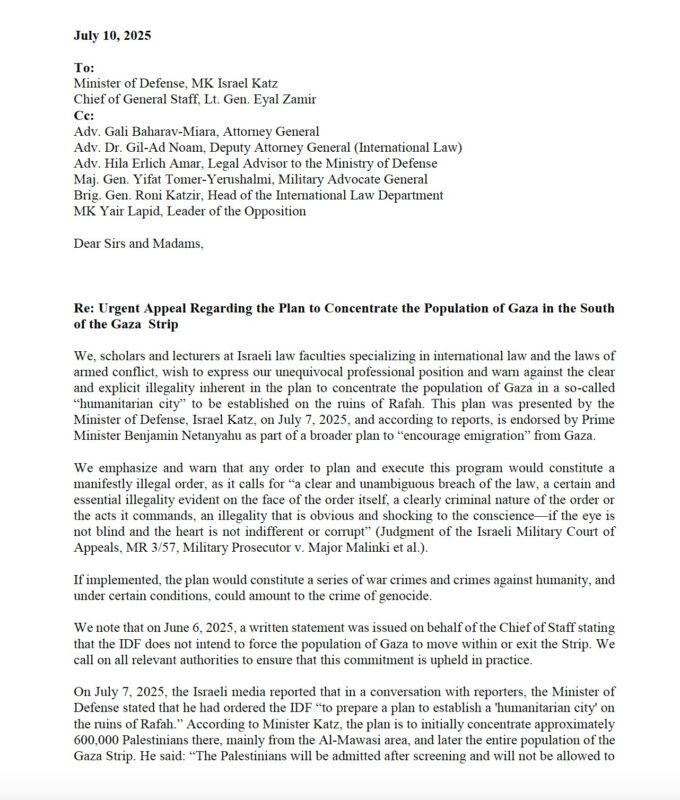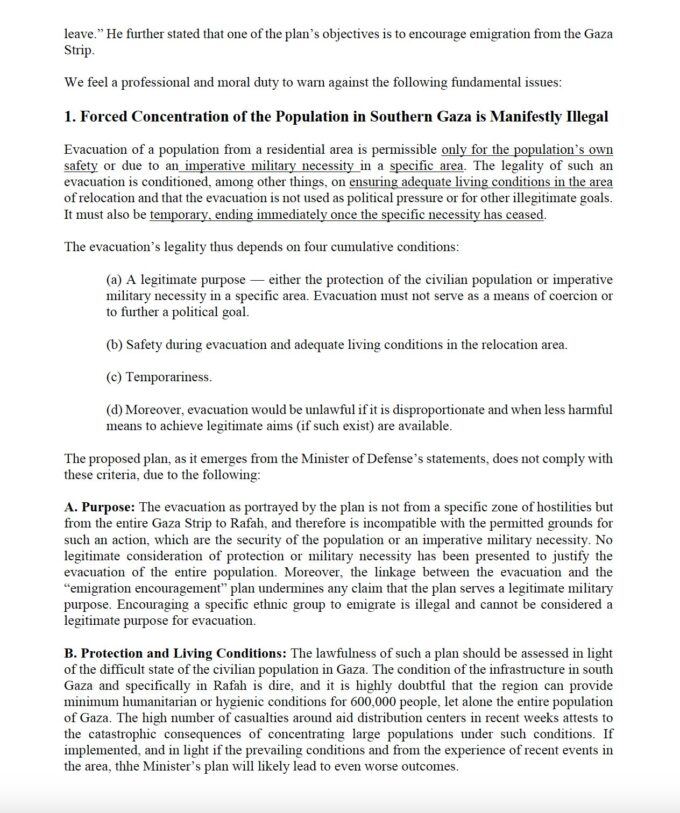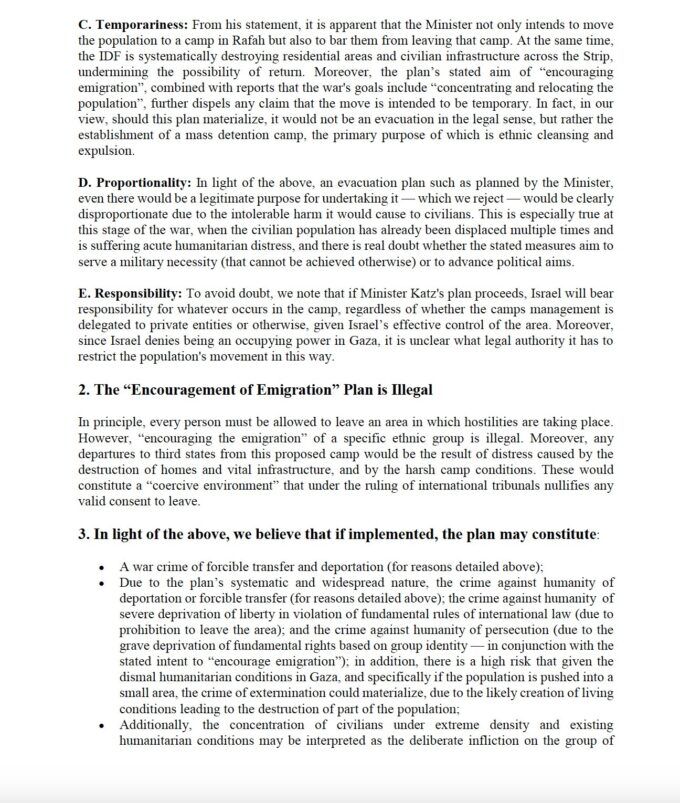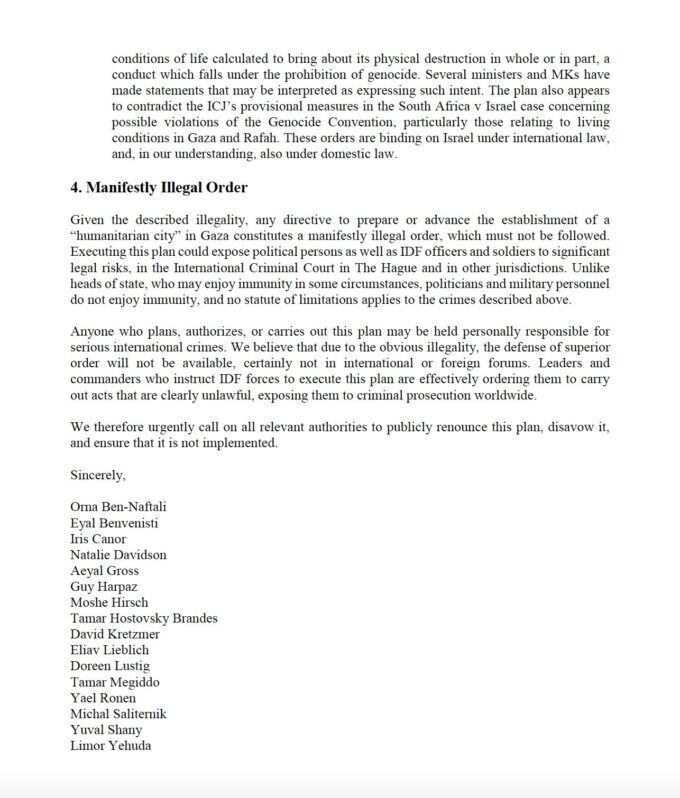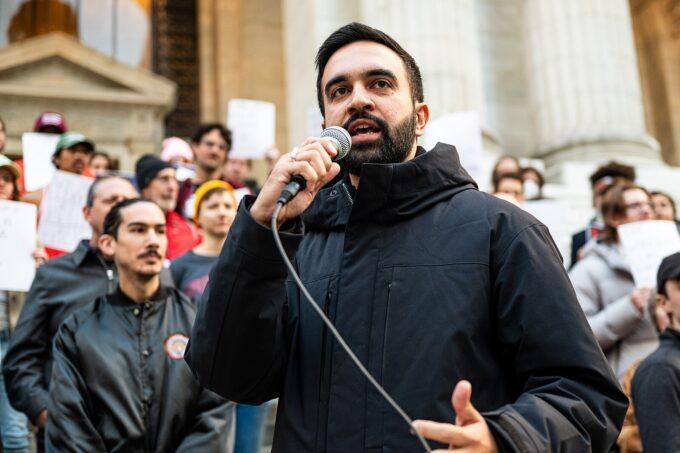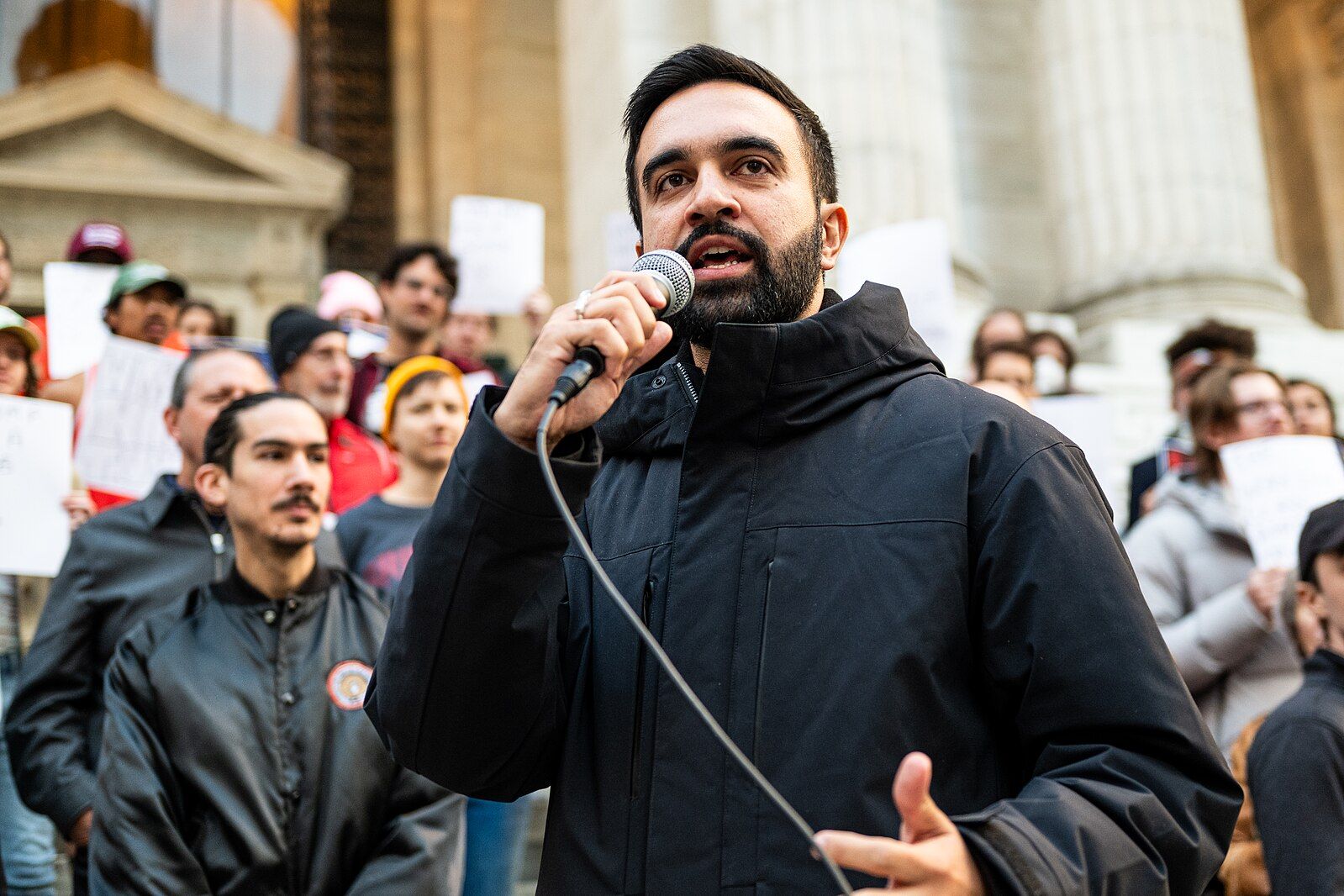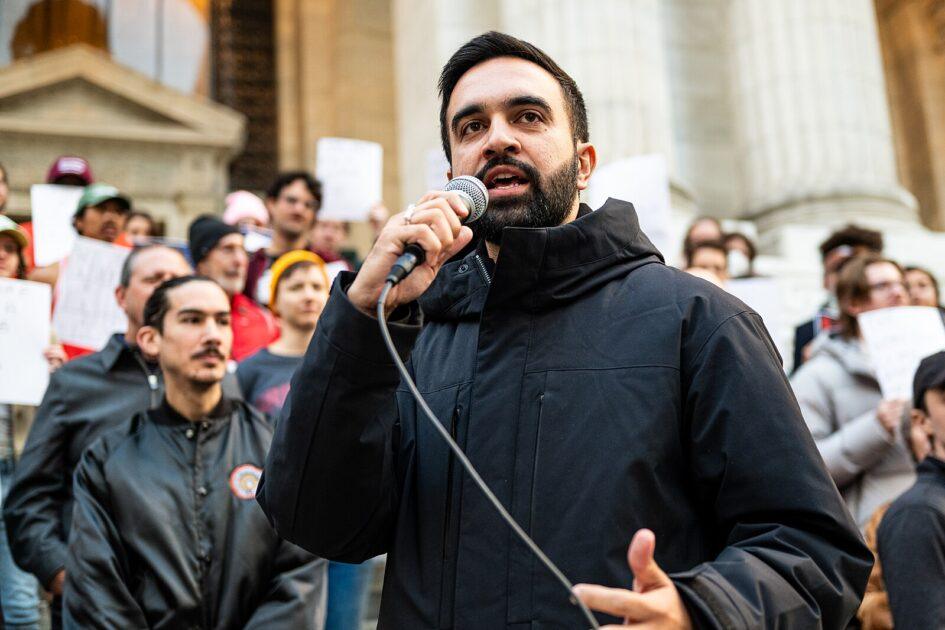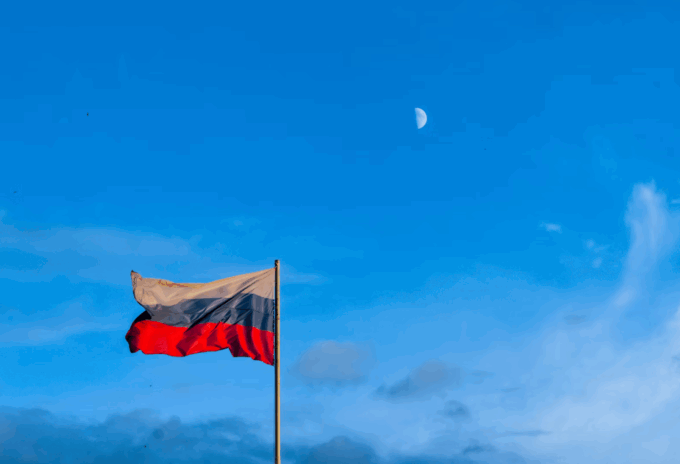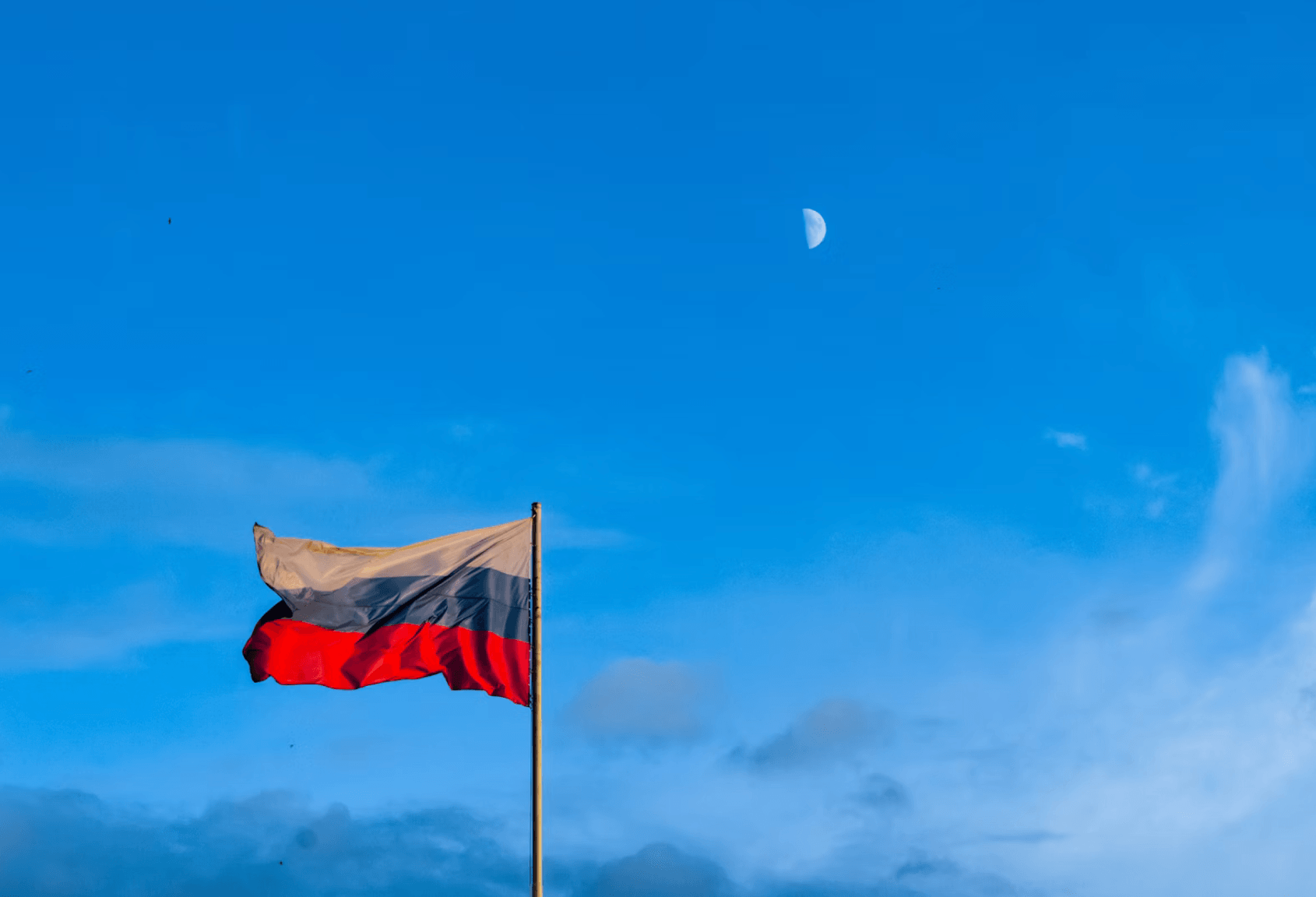


































































Photograph Source: Basel Yazouri – CC BY 2.0
“What are you going to do now, pull a baby out of your bag?”
The guard’s voice echoed through the marble halls of Capitol Hill, his words hitting me like a physical blow. Not just because of their callousness, but because I had indeed come carrying images of babies–Palestinian children murdered in Gaza, photographs and stories tucked in my tote bag that I believed any human with a heart would see and demand action.
It was January 2025. Biden was still in office. I stood with other seasoned professionals in the Capitol Hill lobby, planning our day of advocacy for Palestine. The space towered above us with its high ceilings and white marble floors, a black metal monument rising like an arrow, pointing upward toward some unreachable justice.
We were a quiet crowd when four or five guards approached. One of them — short, stocky, visibly angry– began shouting as if shooing away a herd of animals: “This is your first warning. If you do not disperse, I will arrest all of you!” We shuffled slightly, exchanging quizzical glances, unsure what had triggered such fury. Then came the line that would haunt me: “What are you going to do now, pull a baby out of your bag?”
In seven words, this guard had unknowingly exposed the mechanism by which an entire society can watch children starve on their screens and remain unmoved. His mockery revealed something deeper than individual cruelty; it exposed what the Dominican Sociologist called the “coloniality of power”—a global system that determines whose children matter, whose tears move us, whose deaths register as loss. It is a system based on racial hierarchy and empowered by economic interest, mainstream media that manufactures consent (to use Noam Chomsky and Edward Herman’s framework), and by the principle that might make right.
The Logic of Disposable Children
The officer’s statement reveals what Quijano identified as the enduring colonial logic that organizes our world. Though formal colonialism ended, its organizing principle, racial hierarchy, persists in determining human worth. Europeans created racial categories during colonization, not as biological facts, but as what Quijano calls “mental constructions” to justify why it was acceptable to enslave, kill, or dispossess certain populations while granting full humanity to others.
This isn’t abstract theory. When Winston Churchill defended Zionist settlement during the 1937 Palestine Royal Commission hearings, he made the racial logic explicit: “I do not admit that a great wrong has been done to the Red Indians of America, or the black people of Australia, by the fact that a stronger race, a higher-grade race… has come in and taken their place.”
The guard’s question operates within this same framework. Palestinian children exist at the bottom of a hierarchy that renders them fundamentally different from other children. They are what Martinican psychiatrist Frantz Fanon called inhabitants of the “zone of non-being” — not marginalized humans, but beings positioned outside the category of human altogether.
I carried those photographs to Capitol Hill because a Palestinian network to which I belong had launched what we thought would be an undeniable campaign: protecting Palestinian children. Surely, we reasoned, when Americans saw what was being done to children — children — they would demand accountability. We armed ourselves with the Leahy Law, which prohibits U.S. military assistance to foreign forces that commit gross violations of human rights. We brought documentation of systematic torture, of night raids, of children shot while playing.
We were doing what Palestinians are perpetually forced to do: ask to be treated like the rest of humanity. The guard’s mockery was a brutal reminder of what we’re truly up against. Palestinian poet and activist Mohammad El Kurd has written scathingly about the impossible performance Palestinians are forced to undertake—the demand to be “perfect victims”: docile, depoliticized, stripped of religious identity, and severed from any connection to resistance. We must present ourselves as helpless rather than resilient, individual rather than collective, grateful rather than dignified. In this colonial logic, children represent the ultimate “perfect victim”—innocent, non-threatening, deserving of universal sympathy. Yet the guard’s mockery reveals the bankruptcy of even this strategy. When Palestinian children—the most unassailable subjects for empathy—can be dismissed with such casual cruelty, it exposes the illogical logic El Kurd describes: no performance of Palestinian victimhood will ever be perfect enough to pierce the racial hierarchy that renders us fundamentally ungrievable, as Judith Butler so eloquently put it. The guard’s question strips away the liberal fiction that Palestinian suffering simply needs better documentation or more compelling presentation. Even our “perfect victims” remain imperfect in the eyes of power.
When the Baby in the Bag Is Real
Palestinian scholar Nadera Shalhoub-Kevorkian has a term for what happens to Palestinian children: “unchilding”: the systematic stripping away of childhood’s protections and innocence to serve colonial goals. This isn’t metaphorical. Palestinian children are the only children globally prosecuted by military courts. Israel detains between 500 and 700 Palestinian children annually. Since 2000, approximately 13,000 Palestinian children have been detained, interrogated, and incarcerated by Israeli military authorities, with reports of torture and sexual violence abound. In Gaza, the statistics regarding children have broken every record: Gaza has the highest per capita child amputees globally; more children and women have been killed than in any other war in recent history; and the United Nations described Gaza as a graveyard for children.
The guard couldn’t have known that the “baby in my bag” was statistically real. Gaza now has the highest child amputation rates in the world. Over 11,300 Palestinian children have been identified as killed since October 2023, approximately 30% of them under age five. More than 39,000 children have lost one or both parents. At least 17,000 children are unaccompanied or separated from caregivers, many buried beneath rubble or disappeared during forced displacement.
Gaza has become what UNICEF calls “the deadliest place in the world for children.” As I sat in those windowless congressional offices, my hand shaking as I handed staffers photographs of Palestinian children — one killed, one incarcerated — I was witnessing what happens when logic itself breaks down in the face of racial hierarchy.
The Bosnia Test: When Children Matter
The differential treatment and logic breaks down, become starkest when we compare international responses to child endangerment. In the 1990s, when Bosnian children faced imminent death in Srebrenica, the international community mounted complex evacuation efforts. Between 8,000-9,000 Bosnian Muslims, including children, were evacuated in March-April 1993 when Bosnian Serb forces threatened to attack. The UN declared “safe areas” and deployed 25,000 peacekeeping personnel from dozens of nations.
When diplomatic pressure failed, NATO responded with overwhelming force: 400 aircraft, 3,515 sorties, over 1,000 bombs. The message was unmistakable: attacks on civilians would meet severe consequences. Even when protection failed catastrophically at Srebrenica, the failure generated accountability, resulting in resignations, tribunals, and commemorations.
Gaza presents different geopolitical realities, certainly. Israel is a powerful U.S. ally with Security Council veto protection and the “logic” is might makes right. But these factors interact lethally with the racial hierarchy the guard’s question exposed. Unlike Bosnia, where evacuations were attempted despite risks, no safe corridors for Gaza’s children have been seriously pursued by powerful states. Instead, the primary provider of humanitarian protection, UNRWA, has been systematically delegitimized and defunded.
When Humanitarian Aid Becomes a Death Trap
Even when the international community attempts to provide basic sustenance to a starving population, the logic of Palestinian disposability transforms relief into execution. The Gaza Humanitarian Foundation (GHF), established in May 2025 as a U.S. and Israeli-backed initiative to distribute food aid, has become what UNRWA head Philippe Lazzarini called “a death trap costing more lives than it saves.” Since operations began on May 27, 2025, over 410 Palestinians have been killed and at least 3,000 Palestinians have been injured while seeking food at these distribution sites. More recent figures from Gaza’s Health Ministry put the death toll at 743 Palestinians killed and more than 4,891 others injured while seeking assistance at GHF sites.
Reports emerged of Israeli soldiers being ordered to fire at unarmed crowds near food distribution sites in Gaza, even when no threat was present. As one soldier told Haaretz: “We fired machineguns from tanks and threw grenades. There was one incident where a group of civilians was hit while advancing under the cover of fog.” Another soldier reported that “between one and five people were killed every day” at their position. The UN Human Rights Office condemned this as “the weaponisation of food for civilians” which “constitutes a war crime and, under certain circumstances, may constitute elements of other crimes under international law.”
This systematic violence against those seeking food reveals how colonial logic operates: Palestinian hunger is addressed through mechanisms designed to maximize humiliation and death. Where Bosnian children’s endangerment prompted international rescue efforts, Palestinian children’s starvation is met with militarized aid distribution that functions as target practice. The same racial hierarchy that allows the Capitol Hill guard to mock Palestinian suffering enables a system where even the act of providing food becomes an opportunity to eliminate Palestinian life.
The contrast is devastating. Despite a UN investigation in August 2024 finding insufficient evidence for most allegations against UNRWA staff, Israel proceeded to pass legislation effectively banning the agency from operating in Israeli-controlled territory. The consequences are catastrophic: UNRWA operates 96 schools serving 47,000 children in the West Bank alone, runs 43 clinics, and provides social security to over 150,000 residents. In Gaza, it serves as the primary provider of education and healthcare services to over one million residents. As UNRWA Commissioner-General Philippe Lazzarini warned: “We have today 1 in 2 persons in Gaza below the age of 18, among them 650,000 girls and boys living in the rubble, deeply traumatized at the age of primary and secondary school. Getting rid of UNRWA is also a way to tell these children that you will have no future.”
Certainly, the international community did not do enough for Bosnia. However, where Bosnian civilian deaths spurred military retaliation and institutional reckoning, the systematic murder and starvation of Palestinian children have been met with continued arms transfers, vetoed ceasefires, and impunity. The difference lies not in capacity, but in the colonial valuation of life.
The Performance of Humanity
Since October 7, 2023, I have lived in perpetual whiplash, between crushing despair and fierce determination, between witnessing livestreamed genocide and the unshakeable conviction that Palestine will be free. But underneath this activism was a darker recognition: we are forced to perform our humanity.
We must choreograph our grief, curate our suffering, package our children’s deaths in ways that might penetrate power’s callousness. The guard’s mockery echoed in every advocacy meeting: “What are you going to do now, pull a baby out of your bag?”
In our congressional appointments, I found myself translating Palestinian humanity into terms that might be comprehensible to those taught to see us as threats. “Our children are the only children prosecuted by military courts,” I would say, trembling with emotion. “Gaza has the highest per-capita amputees in the world. Please help us protect our children.”
This constant advocacy carries its own violence. When Israeli officials call Palestinians “human animals” or declare there are “no innocent civilians in Gaza,” these words don’t just wound, they reshape how Palestinians must move through the world. Walking toward the elevator that day on the Hill, I passed a young man who, upon seeing me, had a look of disgust on his face, pushed himself against the wall away from me, and gestured with the back of his hands as he shooed me away. This bodily recoil– automatic, unthinking, visceral — exemplifies how racial hierarchies operate through embodied affect that bypasses rational thought.
We become vessels carrying the weight of collective suffering, our voices pleading our case for basic humanity while calculating what can be digestible to observers: “Is this photo expressive enough? It cannot be grotesque and anger viewers for its cruelty. And of course, is it respectful of our children? Or are we using the very beings we want to protect as props?”
What I was witnessing was what scholar Sherene Razack describes as the breakdown of logic itself, how “nothing has to make sense when the subject is Muslim.” Here I was, presenting evidence of systematic violations of international law, documented torture of children, clear violations of the Leahy Law. Yet the response was measured political language that effectively communicated indifference.
The Production of Ignorance
The guard’s question exposes how genocide adapts in the digital age. This isn’t the crude efficiency of industrial death, but the sophisticated violence of racial logic that transforms Palestinian children from subjects deserving protection into abandoned objects or collateral damage. Genocide now operates through legal frameworks and humanitarian discourse, through the very institutions designed to prevent it.
Consider a telling 2022 example: A video went viral showing an 11-year-old blonde girl confronting a soldier, telling him to go to his country. Media outlets applauded the girl, whom they believed to be Ukrainian, and the video garnered 12 million views. When it was revealed that the video actually showed Palestinian girl Ahed Tamimi confronting an Israeli soldier, the celebration stopped. At 16, Ahed was jailed–a human rights violation that prompted U.S. statements but no action. Within the global racial hierarchy, Ukrainian children deserve celebration for resistance; Palestinian children deserve imprisonment.
The officer’s mockery operates within this same logic. His question assumes Palestinian testimony is inherently manipulative, Palestinian pain is performed, Palestinian children exist only as props in political theater, never as subjects deserving protection.
The Question That Speaks
But the guard’s attempt to silence us becomes the question that speaks. In trying to mock our evidence, he inadvertently testified to its power. Yes, we carry dead babies in our bags, not as props but as proof. Not as manipulation but as documentation of systematic elimination.
The photographs I carry are what we might call “counter-archives” — testimonies that refuse the violence of forgetting, evidence that survives the production of ignorance. When the guard asked his question, he revealed the mechanism by which certain deaths are rendered ungrievable, certain suffering incredible, certain children “unchilded.”
This is genocide’s vulnerability: its need to mock reveals its consciousness of guilt. The question that was meant to shame us into silence becomes evidence of the racial infrastructure that makes genocide possible, the hierarchy determining whose babies matter, whose tears move us, whose deaths register as loss.
Refusing Erasure
Palestinian children themselves refuse the logic of disposability the guard’s question assumes. In Gaza’s rubble, they create schools from destroyed buildings. In detention centers, they maintain solidarity despite torture. In refugee camps across generations, they preserve stories, languages, and histories that refuse erasure. Every act of Palestinian children asserting their humanity — every drawing made in a tent, every game played in destroyed streets–represents what Palestinians call Sumud (steadfastness), resistance that refuses colonial logic.
But Palestinian agency alone cannot dismantle the structural foundations enabling such casual cruelty in centers of power. The guard’s mockery echoes in every Security Council veto, every blocked investigation, every weapons transfer. Genuine protection for Palestinian children requires confronting the material structures sustaining their “unchilding”: ending military aid that facilitates their targeting, dismantling economic relationships that profit from their suffering, creating accountability mechanisms that cannot be suspended based on racial hierarchies.
The guard assumed his words would shame us into silence. Instead, they become evidence–not only of individual cruelty, but of a global system that has normalized Palestinian children’s disposability.
The Answer That Exposes
“Pull a baby out of your bag?” This question exposes genocide in its contemporary form. In seven words, the guard revealed how systematic elimination operates through the colonization of perception itself, through institutions and frameworks designed to prevent the very atrocities they enable.
But his question also exposes genocide’s ultimate failure. Yes, we will continue pulling Palestinian children from the zones of abandonment where they have been placed, from the archives of erasure where their deaths are hidden, from the racial hierarchies that render them disposable. Not as props in political theater, but as witnesses to their own elimination and agents of their own liberation.
The guard’s question exposes genocide. Our answer reveals the children who refuse to be erased and the global transformation required to ensure that no child, of any background, ever again becomes the subject of such a question.
The post “Pull a Baby Out of Your Bag?” The Question That Exposes a Genocide appeared first on CounterPunch.org.
This post was originally published on CounterPunch.org.
